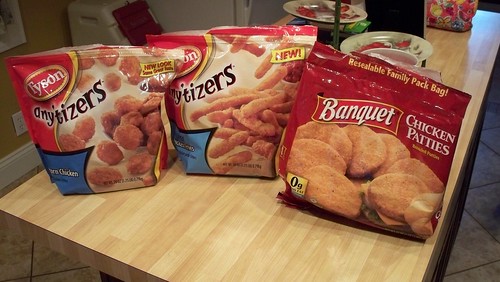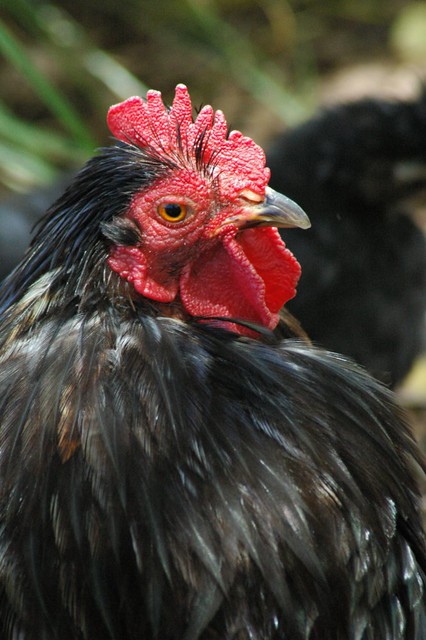In this chapter, Foer defines and discusses many words one might hear involving animal welfare. Some of the ones that stood out were: battery cage, broiler chicken, bycatch, CAFO&CFE, downer, KFC, and PETA
battery cage: is the cage in which a layer(the chickens whose purpose is to produce eggs) stays in. they are about the size of a sheet of paper or less! can you imagine?
broiler chicken: are the meat chickens-what we eat. get this- broiler chickens use to have a lifespan of 15-20yrs now it is only six weeks because their growing rate has increased 400%!!!
-what if they arent either type? well....over 250 million chicks are killed every year because in factory farms they serve no purpose
bycatch: sea creatures caught by accident. here's an interesting fact "26 pounds of other sea animals were killed and tossed back into the ocean for 1 pound of shrimp"
CAFO&CFE: CAFO stands for Concentrated Animal Feeding Operation a.k.a. factory farm-CAFO's harm animals illegally says Foer even though the CAFO was created by the Environmental Protection Agency. What's up with that? Also, the CFE makes it ok to raise animals in any way as long as the method is commonly practiced within the industry
downer: an animal that collapses from poor health and is unable to stand back up. Foer visited Farm Sanctuary in Watkins Glen, New York
http://www.farmsanctuary.org/ nothing is grown or raised, rescued animals are just kept here until they die because they are usually genetically mutated
KFC: it buys nearly 1 billion chickens a year! It claims to treat their chicks well but workers were caught on video doing terrible things.
PETA: PETA stands for People for the Ethical Treatment of Animals and is the largest animals rights organization in the world. One time they distributed "unhappy meals" with bloodied, cleaver-weilding ronald mcdonald! hahahaha. and tossed a dead raccoon at Vogue's, the fashion magazine, editor!


